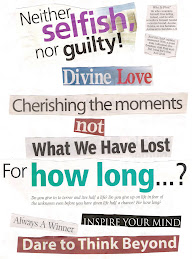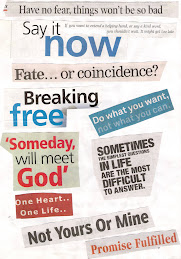To succeed, business decision makers need to be open to new ideas, while at the same time appreciating that standard processes are standard for a reason: they work. It’s a fine balance, and understanding when to look and when to leap can be the difference between growth and stagnation.
With new ways of looking at things, you inevitably get resistance.Say you’re in business, and you have a problem you need to solve. What do you do? You get four people to come into your office and pitch you their ideas for how they can solve your problem. Three of them say they’re going to solve your problem one way, offering different flavors of exactly the same solution. The fourth says he'll solve your problem a different way, with a completely unique, novel approach that looks at the underlying issues from a completely new perspective.
It’s pretty natural to want to choose one of the three. People fear the unknown, and when the boss looks back if something goes wrong, he or she isn’t going to question why you went with the safe option and not the risky one. You did it because it was safe, and safe is meant to be good. After all, it took more than a decade for the closed-innovation phrase "no one ever got fired for buying Microsoft" to finally die out.
Of course, none of this is to say that if people come to you with a crazy idea they say will set your business apart from your competition, you should start writing out a check on the spot. Some ideas are unsuitable for certain businesses, some are unsuitable for certain times or locations, and – let’s be honest – some are just unsuitable.
So how can you make decisions when the choice is a leap? I was walking past a café the other day and I saw a sign that said, "Imagination is more important than knowledge". It made me think about innovation and how businesses can improve the odds when it comes to implementing new ideas. I realized imagination isn’t more important than knowledge, and neither is knowledge more important than imagination. Like a gun and a bullet, imagination and knowledge are interdependent – extremely powerful when used together, but entirely useless on their own.
When someone comes to you with a radical idea, you need to listen to it objectively, without dismissing it out of hand because it sways too far from the norm, but also without getting so caught up in the potential that you forget the practicalities. Then you need to think about it, applying your knowledge of the market and of your business. It sounds obvious, but it’s amazing how many people consult with their hearts and their guts, but not with their heads.
If necessary, ask the person to explain the benefits again, and confront him or her with any concerns. The individual who truly has a great product idea will love it – it’s like asking a bodybuilder to pump his guns.
It all sounds like a lot of work, but it’s the difference between a great company and one that just gets by. And when you hit on the innovation that’s not only exciting and fresh, but that it also makes sense when you stop and think about it, you’ll know you’re onto a winner.
This article was sent by Paul Trotter, Founder & CEO- Author-IT-Software Corp.BLINK! THINK! DECIDE!







